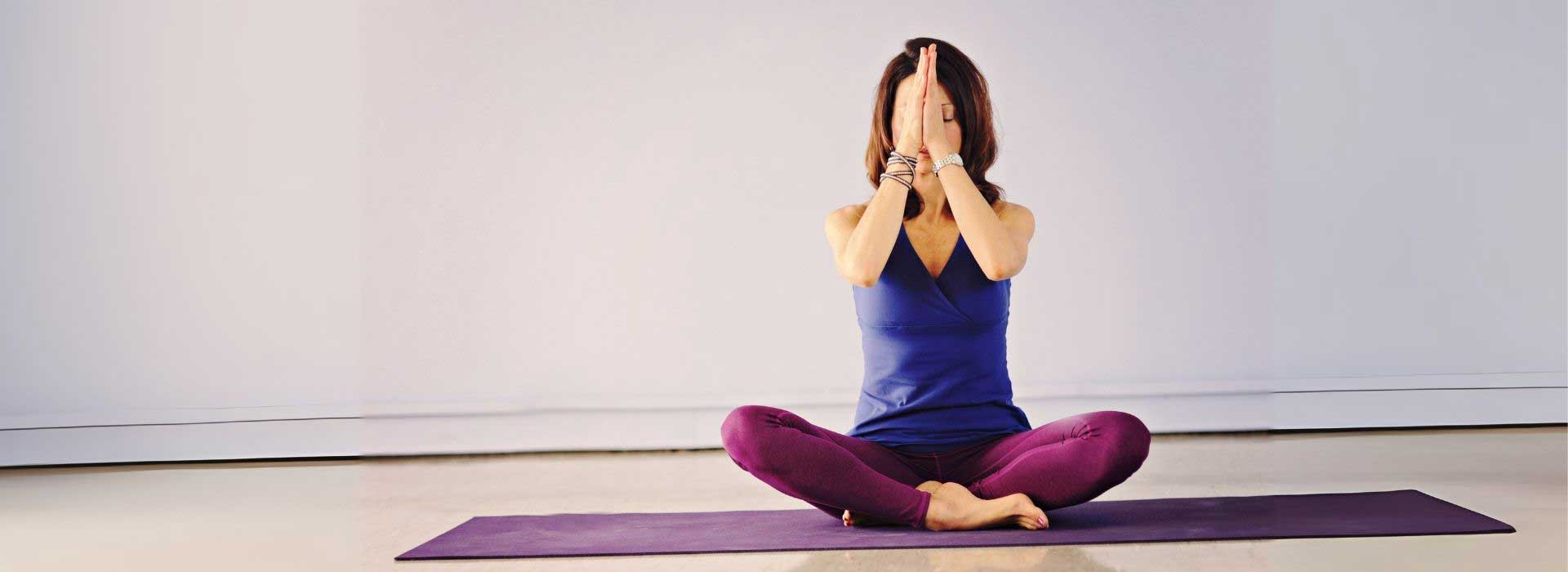
- Home
- Find Yoga Provider
- Yoga Practices
- Yoga Research
- Wellness Research in Yoga
- Yoga Research on Pandemic
- Yoga Research in Diabetes and Endocrine System
- Yoga Research in Cardiovascular System
- Yoga Research in Depression, Anxiety and Mental Disorders
- Yoga Research in Musculoskeletal System
- Yoga Research in Musculoskeletal System
- Yoga Research in Oncology
- Technology Research and Application in Yoga
- Philosophy
- Yoga Quiz



Niyama
Niyama in Yoga Sutras is the second step in Ashtanga Yoga, the eight-fold limbs of Yoga. ‘Niyama’ deals mostly with our internal self-discipline rather than external ethical behavior.
The yoga tradition has given much importance to the development of a balanced personality before taking up higher practices of yoga. While Yamas are aimed at a balanced interface with society,
Niyamas are aimed at creating inner strength and discipline to take up subsequent higher yogic practices. Niyamas are inner restraints and observances or obligations. Most scriptures have listed about ten observances, but In the Yoga Sutras (Chapter II, sutra 32), Maharshi Patanjali has listed only five of them, which are more or less all-inclusive. These are called the Niyamas in Yoga.
Patanjali Yoga Sutra 2.32
शौचा-संतोष-तप: स्वाध्याय ईश्वर-प्रनिधानी
śaucā-saṁtōṣa-tapa: svādhyāya īśvara-pranidhānī
The five internal disciplines are bodily purification, contentment, intensity, self-study, and orientation toward the ideal of pure awareness.
{{locationDetails}}
Browse sub-categories
Disclaimer:
The information presented here is not medical advice or a treatment plan and is intended for general education and demonstration purposes only. This information should not be used for self-diagnosis or self-treat any health, medical or physical condition. Please consult and follow your healthcare professional or therapists before beginning an exercise or Yoga regime.
Yujyate.org content is a presentation of theoretical knowledge of the practice methods, effects, contraindications, benefits, etc.
Also, please read all the contraindications carefully. All Yoga practices must be learned and performed under the supervision and the guidance of a qualified yoga teacher, therapist, or school.
Each asana can have its variations practiced by different yoga teachers or schools or traditions, and we do not suggest any variations to be technically correct or wrong.
Any practice must be undertaken based on individual capacity and comfort. Yoga practices are not meant to cause strain on the body, just as any physical exercise comfort level improves over time. We do not recommend any time or cycles to be followed. Stop the practice immediately if it causes discomfort. Yoga practices are not recommended for at least one hour before or after a meal.
You agree to indemnify and hold Yujyate.org, its officers, partners, and contributors for any losses, injuries, or damages resulting from any and all claims that arise from your use or misuse of this content. Yujyate.org makes no representation of the accuracy or suitability of this content. Use of this content is at your own risk.
- {{ listingType.name }}
- prev
- next